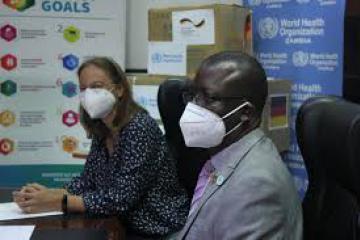About the Corona Virus
Coronavirus disease (COVID-19) is an infectious disease caused by the SARS-CoV-2 virus.
Most people infected with the virus will experience mild to moderate respiratory illness and recover without requiring special treatment. However, some will become seriously ill and require medical attention. Older people and those with underlying medical conditions like cardiovascular disease, diabetes, chronic respiratory disease, or cancer are more likely to develop serious illness. Anyone can get sick with COVID-19 and become seriously ill or die at any age. The virus can spread from an infected person’s mouth or nose in small liquid particles when they cough, sneeze, speak, sing or breathe. More . . .
Prevention
Protect yourself and others around you by knowing the facts and taking appropriate precautions. Follow advice provided by your local health authority. Check with your local health authority for the most relevant guidance for your region. To prevent infection and to slow transmission of COVID-19, do the following: More . . .
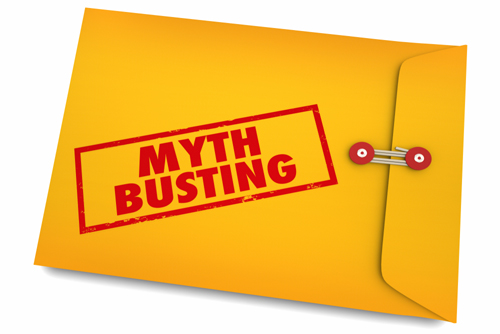
Myth Busters
There is a lot of information floating around about the COVID-19. To avoid misinformation, protect yourself and prevent the spread of COVID-19, stay aware of the latest COVID-19 information by regularly checking updates from WHO in addition to national and local public health authorities. More . . .
Q & A
For your questions on the Corona Virus disease (COVID-19 ) and other related health topics, please click on the link: More . . .
Advice for the public
Leaving no one behind as the overarching principle, the United Nations Sustainable Development Goal 3 aims at achieving universal health coverage, including access to quality essential healthcare services and access to safe, effective, quality, and affordable essential medicines and vaccines for all. No one is safe until everybody is safe. As the virus does not discriminate, responses cannot leave any one behind, including refugees and migrants. Access to vaccination is part of the human right to health. Equity and the availability of and access to vaccines, medicines, health technologies and therapies are an essential dimension of the right to health. More . . .
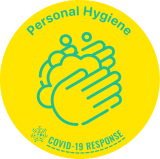
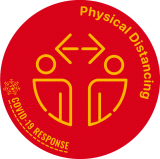
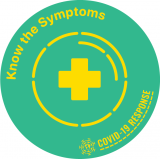
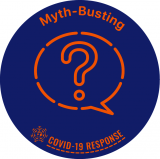
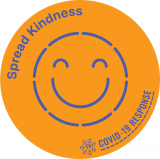

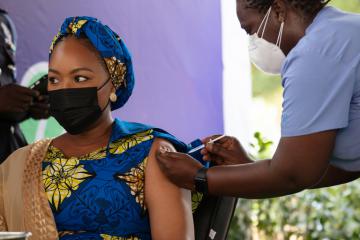
COVID-19 vaccine uptake in Sub-Saharan Africa
Insights from high-frequency phone survey data collection reveal that access, rather than hesitancy, prevents vaccine uptake in Sub-Saharan Africa.
UNU – Merit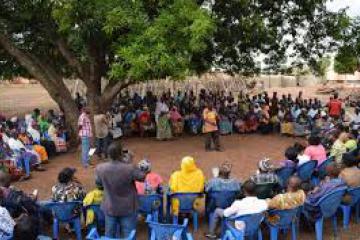
Avoid Public Gatherings
Getting together with friends and family is an important part of life. The COVID-19 pandemic has impacted our ability to safely gather with others. Many
Read MoreFeatured Stories
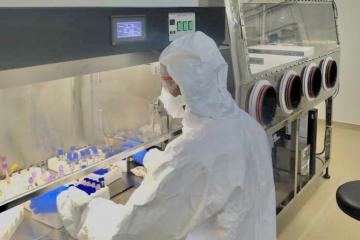
Statement on the New COVID Strain, EG.5 SARS-COV-2 Subvariant
The World Health Organization (WHO) designated EG.5, a descendant lineage of XBB.1.9.2, and its sub-lineages as a variant of interest (VOI), following the recent increase in the number of E.G.5 cases
Africa CDC | Read More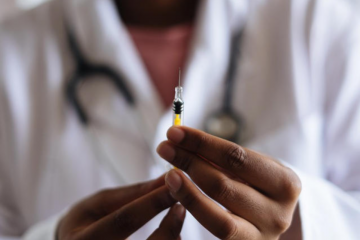
Vaccine hesitancy persists as Covid-19 spreads in South Africa, report…
As Covid-19 continues to spread, giving rise to new variants, South Africans are still disseminating misinformation and expressing doubts about the Covid-19 vaccine.
MSN | Read More
What level of risk is posed by a new wave of COVID-19 cases?
The World Health Organization records 1.4 million new infections during July and August – up 80 percent from the previous month.
Aljazeera | Read More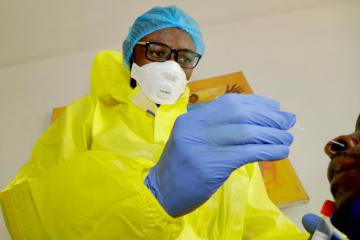
Communique on SARS-CoV-2 BA.2.86 sub-variant
On 18 August 2023, the World Health Organisation (WHO) classified BA.2.86 as a ‘variant under monitoring (VUM)’ after the report of hyper-mutated BA.2.86 subvariant from multiple countries.
Africa CDC | Read More


